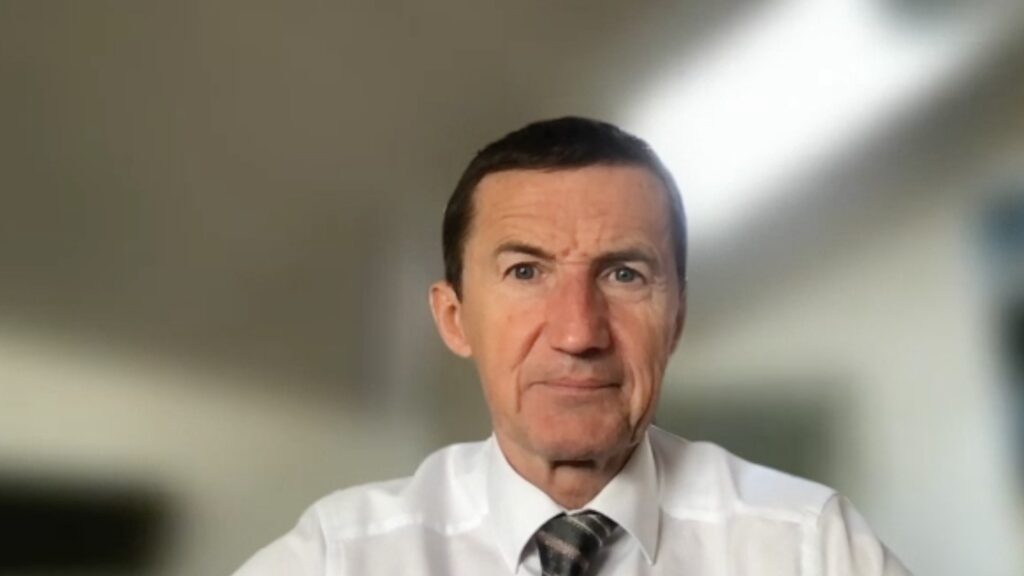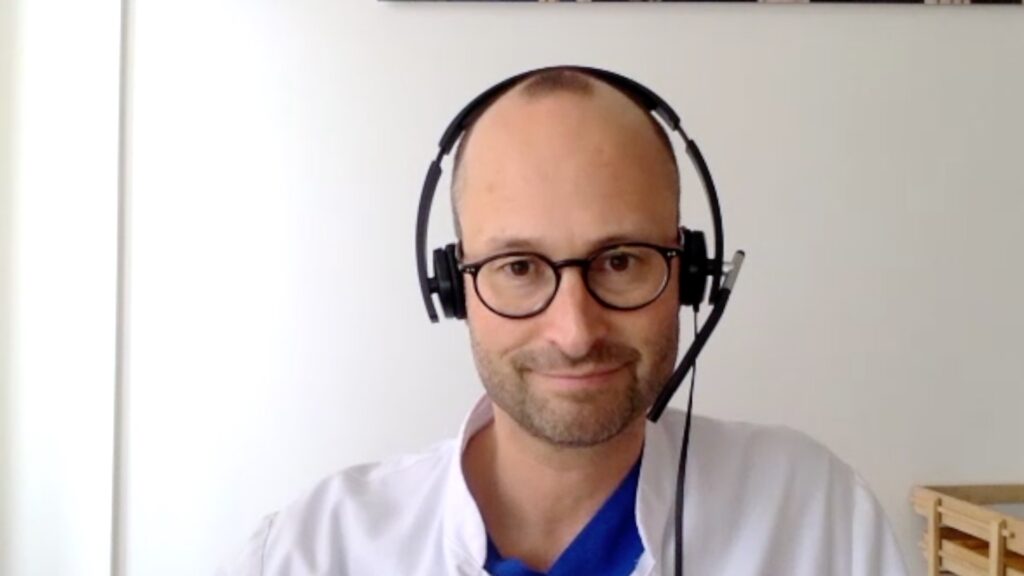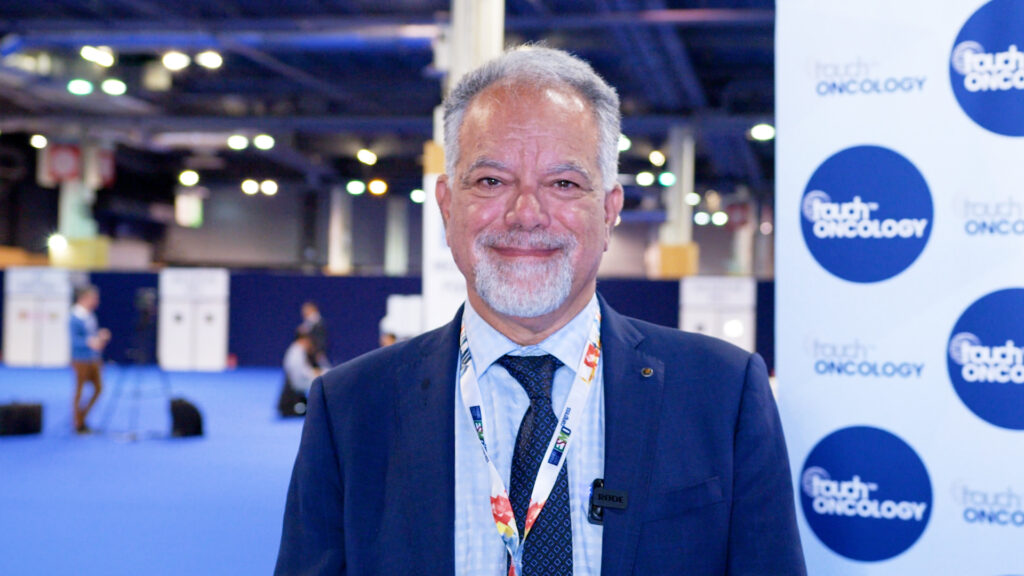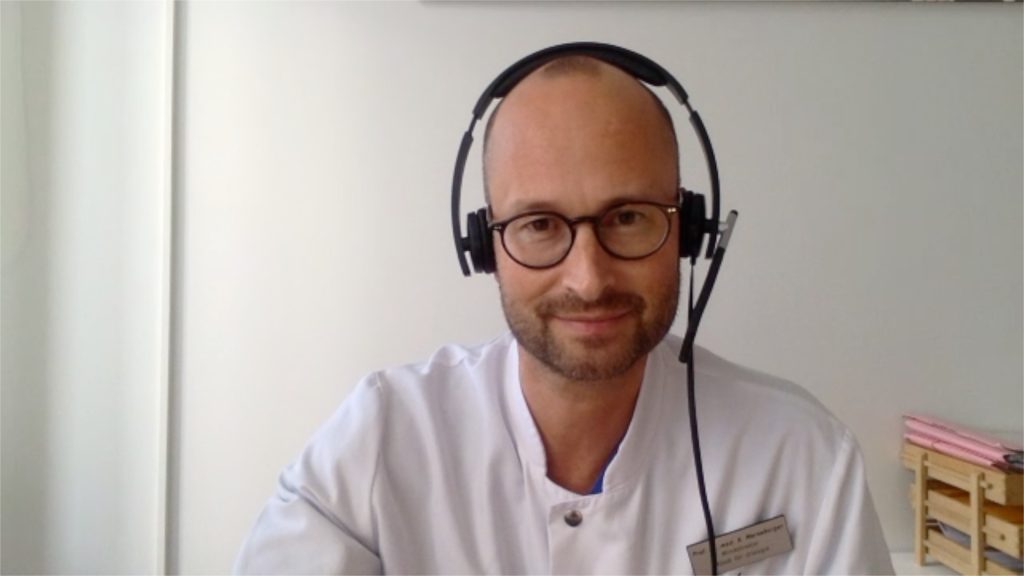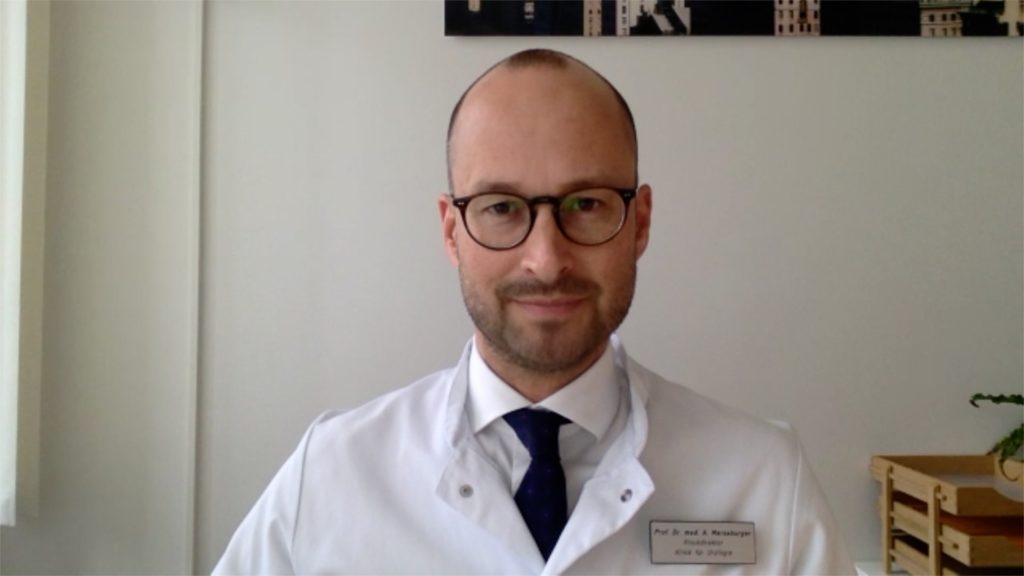
Axel Merseburger is Professor of Urology and Chairman of the Department of Urology at University Hospital Schleswig‑Holstein, Campus Lübeck, Germany. After graduating from Hannover Medical School in 2002, he carried out a residency in surgery and urology at the Eberhard Karls University in Tübingen, Germany, followed by a research fellowship at the Miller School of Medicine, Miami, USA, in 2006. He became Associate Professor in 2009 and Professor in 2012 at Hannover Medical School. Professor Merseburger is a member of various uro-oncology organisations. He serves as an advisor for the European Association of Urology (EAU) Guideline Group for Renal Cancer and was the Chairman of the EAU Guideline Group for Lasers and Technologies. He acts as reviewer and editorial board member for several urology and oncology indexed journals and is Associate Editor of the World Journal of Urology and Editor-in-Chief of European Oncology & Haematology. Professor Merseburger’s research activity encompasses both molecular and clinical aspects of uro-oncology, with specific interest in biomarkers and prognostic factors for prostate cancer, renal cell carcinoma and transitional cell carcinoma. He has authored and co-authored more than 250 peer-reviewed articles and he is the principal investigator in multiple phase II and III clinical trials.
What are your highlights of 2019?
Development of the treatment options for metastatic hormone sensitive prostate cancer (mHSPC) showing overall survival and progression-free survival prolongation for Apalutamide and Enzalutamide. Androgen deprivation therapy is not enough for the HSPC CARD trial, showing that in patients with fast progressing mCRPC the sequence androgen receptor targeting agents (ARTA) – Docetaxel – Carbazitaxel is better than ARTA – Docetaxel – ARTA.
What have been the major breakthroughs and data?
One of the major breakthroughs is data from the PROfound trial, which could lead to the first PARP inhibitor approval in mCRPC from ESMO 2019. Antibody conjugate (EV103) showed >40% overall response rate in second-line treatment in bladder cancer and a remarkable >70% overall response rate in first-line in combination with Pembrolizumab.
How will this impact the future?
It will lead to more genetic counselling in metastatic prostate cancer, and more molecular tumour boards.
What are the current hottest topics, and what do you hope to see in 2020?
Results of more phase III first-line trials in metastatic bladder cancer. This year, the IMvigor130 study, with progression-free survival benefit, and next year the KEYNOTE 361 and DANUBE study. Development of treatment options for first-line mRCC and mBCa treatment.
Please provide a brief summary of your current research.
Clinical trials (phase II & III) in prostate, bladder and renal cancer. Molecular research on the androgen receptor and splice variants.
Support: No funding was received in the publication of this Insight article.
Published: 29 November 2019


